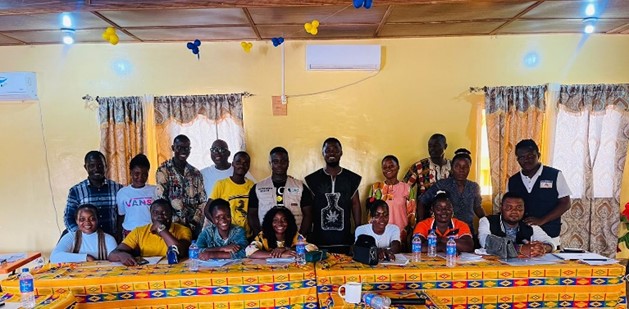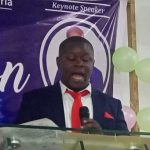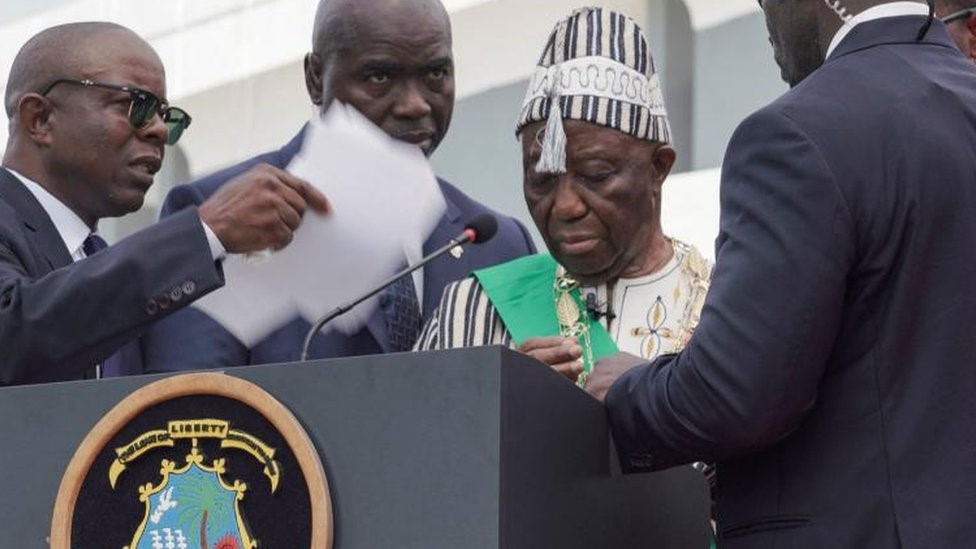The Center for Media Studies and Peacebuilding (CEMESP) over the weekend concluded the training of 20 journalists drawn from a number of community radio stations, print and online media houses in Grand Bassa, Margibi, Sinoe, Grand Kru and Rivercess counties.
Held in Buchanan, Grand Bassa County, the workshop, conducted on conflict-sensitive electoral reporting, aimed at strengthening the capacity of community radio reporters and editors to report on conflict issues in a well-researched, factual, and non-biased way that can contribute to dialogue, mutual understanding and eventually reconciliation and peace.
Media entities that benefited from Friday’s training were Radio Gbehzohn, Radio Dukpah, Ablejay Radio, Magic Radio, LACSA Radio, Voice of Wee, DCN Radio, Rivercess Broadcasting System, Radio Kakata and Classic FM.
The training, funded by Open Society Initiative for West Africa, is an activity under a grant to CEMESP, titled, “Building Institutional Resilience to Enhance Professional Media Coverage of the 2023 Elections in Liberia”.
At the opening of the training workshop, Public Trust Media Group Managing Editor, Frank Sainworla, told the participants it was necessary to be aware of what lies ahead as the “media has become an effective platform to contribute to the mitigation of conflict during time of election”.
He said, “The role of the journalist is to report the facts, nothing else but the facts, being fully aware of the consequences of what lies ahead of what you report.”
Sainworla then urged the journalists to be considerate and professional and treat women candidates with a high level of “sensitivity and care”.
The training covered topics on understanding the rules and procedures of election, the National Elections Commission (NEC) migration to biometric voter registration, election reporting code of ethics and gender balance in election reporting. Research-based journalism and storytelling, rise of new media, effective use of peace music in radio production, conflict-sensitive reporting and basic skills for interviewing politicians also formed part of the training.
CEMESP Program Associate, Wremongar Joe, who coordinated the training, remarked that “as Liberia moves towards the impactful realization of peace in the country, journalists need to acquire adequate knowledge of conflict theories, as well as additional reporting skills and the analytical ‘know how’ to be able to report accurately, impartially, safely and be gender-sensitive within conflict situations”.
Program Associate Joe stated that the presence of a sustainable peace process is integral to the achievement of national economic development, and therefore urged journalists to use their platform to promote peace, dialogue, and reconciliation.
Joe told the gathering how grateful CEMESP is to OSIWA for the support for the implementation of the conflict-sensitive training, which “is most needed in the face of the wave of violence that has marred the national voter registration process”.
Recently, the Elections Coordinating Committee (ECC), of which CEMEPS is a member, released a statement in Monrovia condemning “the wave of violence” occasioning the voter registration process and asked the National Elections Commission (NEC) to apply the law.
CEMESP said it hopes the training will better prepare community radio reporters and editors to better handle news gathering and reporting for this year’s presidential and general elections.







